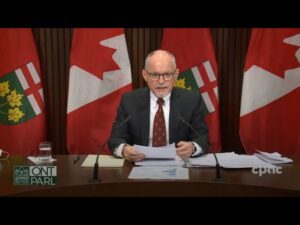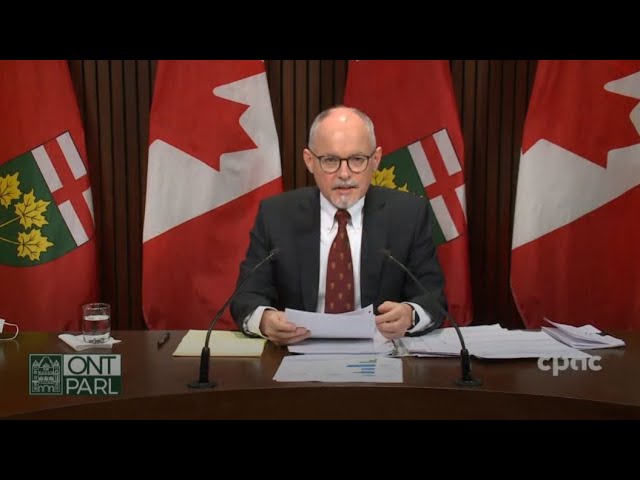Ontario, other restrictions fall from Monday

TORONTO – With the entry into force of the new public health measures, from Monday Ontario residents will no longer be legally obliged to work from home and companies will no longer be obliged to keep a customer record for contact tracing purposes.
In outlining today’s approach to gradual reopening of the province, Ontario’s Chief Medical Officer of Health Kieran Moore confirmed these changes and outlined many others.
Limits for indoor social gatherings will increase from 5 to 10, while outdoor gatherings will be limited to 25 people and restaurants will be able to reopen their dining rooms with a capacity of 50%.
You will also be allowed to consume food and drink at indoor sporting events, in concert halls, theaters and cinemas and other places: people will be required to remain seated when consuming food or drink in these places.
Masks will continue to be in demand even when people are not busy eating or drinking. This decision was welcomed by Cineplex officials who could not serve popcorn to viewers. “We have worked closely with the province and provided them with data showing the overwhelming safety of cinemas and food consumption within them, we are so happy with this news,” a Cineplex spokesperson told CityNews 680.
But the list of easing restrictions is long. Businesses will not, for example, be more required to collect customer information for contact tracing and this, according to Moore, “will allow them to focus their efforts on applying other public health measures such as the use of masks”.
In addition, the province is removing the obligation to work from home except where necessary. Moore said those who can work from home can continue to do so “to limit mobility and reduce the number of daily contacts.”
The government is also introducing the resumption of some health services, such as cancer screening, but there is still a stop to elective surgeries. The approach, Dr. Moore made clear, will be “gradual.” The initial phase will allow the resumption of a series of activities suspended, as early as January 31, including pediatrics, diagnostic services, cancer screening, some clinics, private hospitals and independent health facilities.
“All of this is in line with our cautious and gradual approach to relaxing public health measures, while acknowledging the continued pressures our hospitals are facing, a careful resumption of this activity, in targeted areas, is less likely to have a negative impact on the availability of inpatient beds.”
The Ministry of Health noted that this does not mean that all hospitals will immediately resume suspended surgical and procedural activities. Hospitals will have to “meet certain criteria and make decisions based on local context and conditions.”



